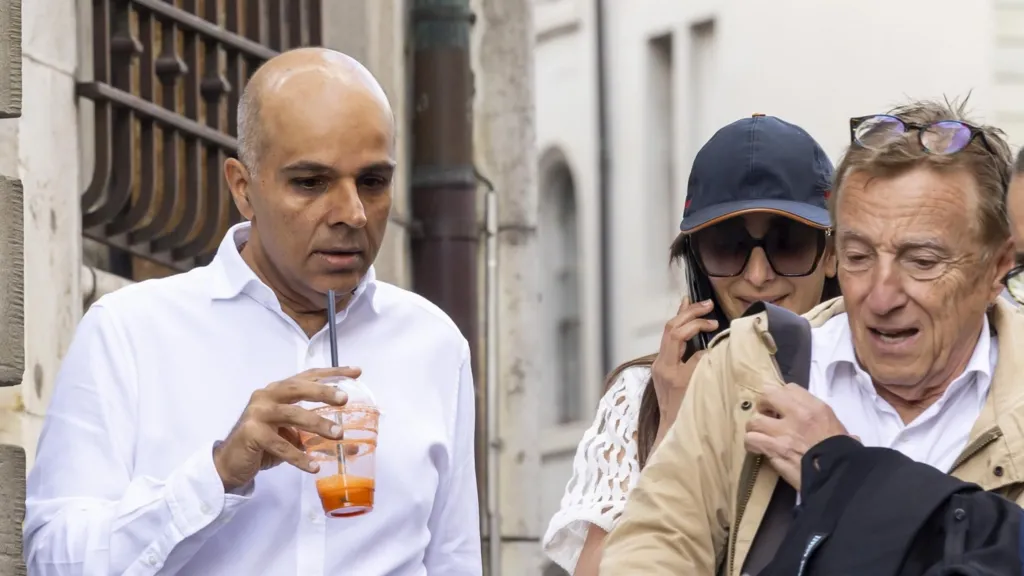Four members of the UK’s richest family, the Hindujas, are currently on trial in Switzerland amidst serious allegations of exploitation and human trafficking. The family, estimated to be worth £37 billion ($47 billion), owns a villa in Geneva’s affluent Cologny neighborhood, where the charges against them stem from their treatment of domestic staff imported from India.
The accusations against Prakash Hinduja, Kamal Hinduja, their son Ajay, and his wife Namrata include seizing staff passports, paying wages as low as $8 (£7) for 18-hour workdays, and severely restricting the freedom of their employees. These practices, if proven, could constitute human trafficking, a serious criminal offense under Swiss law.
In a striking moment during the trial, Geneva prosecutor Yves Bertossa highlighted the stark contrast between the family’s alleged expenditure of nearly $10,000 a year on their dog and the minimal wages paid to their staff. The defense countered by arguing that alongside monetary compensation, the staff received accommodation and meals, suggesting a more nuanced view of the employment conditions.
The legal proceedings have also scrutinized claims of excessively long working hours, with defense lawyers suggesting that activities such as watching films with the Hinduja children should not be classified as work.
Support for the Hindujas has come from former servants who testified positively about their treatment, describing them as friendly and respectful employers. However, the seriousness of the allegations, particularly regarding passport confiscation and freedom restrictions, underscores the gravity of the charges.
Geneva, known as a hub for international organizations and the wealthy elite, has faced previous incidents involving the mistreatment of domestic staff. Notably, past cases involving high-profile individuals have sparked diplomatic tensions and drawn international attention to labor rights issues in the city.
Prosecutor Yves Bertossa is pushing for significant penalties, including prison terms, substantial financial compensation for the victims, and coverage of legal costs. The outcome of this trial is likely to resonate beyond Geneva, highlighting broader concerns about human rights and justice in affluent settings often associated with diplomatic immunity and privilege.
The ongoing trial of the Hindujas serves as a stark reminder of the complexities surrounding labor exploitation and human trafficking, challenging Geneva’s self-proclaimed image as “the city of peace.” It prompts reflection on the treatment of vulnerable workers within affluent households and the accountability of the privileged elite under the law.






